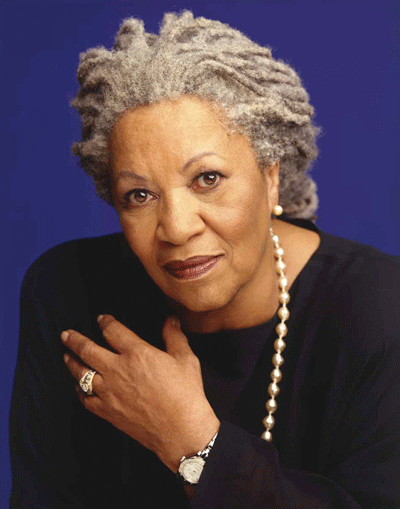Though I had some experience working with urban schools in
my undergrad (spending a month in the Boston public schools), I was a little
nervous that I wouldn’t be prepared for the challenges that would await me in
Philadelphia. Though there were
many ways that this was true, I continue to be struck by the reality that in the classroom
students are students.
Obviously, this doesn’t mean that I discount the role that
experiences, family life, SES, poverty, social & cultural capital and a
host of other factors have on students. (After reading almost anything else
I’ve written it should be pretty clear how I feel about the “no excuses”
approach to education reform). The point I’m trying to make is that there are
some student behaviors that you’re going to encounter if you’re teaching in
rural Vermont, in a ritzy Main Line private school, or in North Philadelphia.
The Power of the Blank Page.
The brilliant Margaret Atwood summed it up pretty well when
she said:
The fact is the blank pages inspire me with terror. What will
I put on them? Will it be good
enough? Will I have to throw it
out? The trick is to sit at the desk anyway, everyday.
Now, if a blank page can have this debilitating effect on a woman referred to as the voice of an entire age, imagine what it can do to a high school student, especially
one who is just coming back to the classroom and hasn’t written anything for a
teacher in over a year.
If you’re a classroom teacher, what I’m describing here is
probably something you’re all too familiar with. However, the Power of the Blank Page is often overlooked,
ignored, and belittled by administrators, curriculum writers, and reformers.
These are the folks who don’t understand that even literary luminaries like
Margaret Atwood are frozen by a blank page. They are the folks who expect students to produce brilliance
on demand (high stakes testing?). You can recognize them
because they will use the phrase “students will be able to” in casual
conversations.
The harsh reality is that whether you’re a professor’s kid
in a small college town or in DHS custody in West Philly, the blank page can
evoke the same feelings of terror and dread. Even teachers feel the Power of the Blank Page (maybe that
explains the recent blog hiatus or the reason that lesson plans lay blank until
the night before they’re due).
As educators, it’s important to bring the Power of the Blank
Page to our students’ attention. The title of this very entry is a phrase that
I say so often that sometimes I think it’s my name. While it is not the only
reason that students disengage and screw around, the Power of the Blank Page
often pushes my students to put their heads down, hoods up, and headphones
in. It has even been the cause of
several of my most memorable blow-ups (of which there have been many) that usually involve profanity like I’ve
never heard before. The Blank Page
is a powerful nemesis indeed.
I try to encourage my students to take risks with their
writing and it’s nearly impossible to take risks if you’re afraid of being
wrong.
The only caveat to my “only way you can be wrong” dictate
is that it can become a law for some students. I would caution all teachers, but especially newer teachers,
to be sure to distinguish between times when there ARE ways to be
incorrect and times when a blank page is the only way to be “wrong”. Inevitably, I encounter students who
will look at essay that they did poorly on and shout, “Teacher Man a FRAUD! He
said if I wrote SOMETHING, I’d get an A”.
I’m careful to distinguish between analytical, reflective,
and creative writing. I also am
very clear with expectations ahead of time. I tell students what I’m going to
be reading for when I give credit (and it’s almost never a page length… UHHH do
I hate the ‘how long does this have to be?’ questions).
We need to help students take control of the Power of the
Blank Page and to do that, they need to know that they’re not alone in their
terror. This comes through
low-stakes writing, empowerment of voice, and PRACTICE.
How do you counter the Power of the Blank Page in your
classroom?


